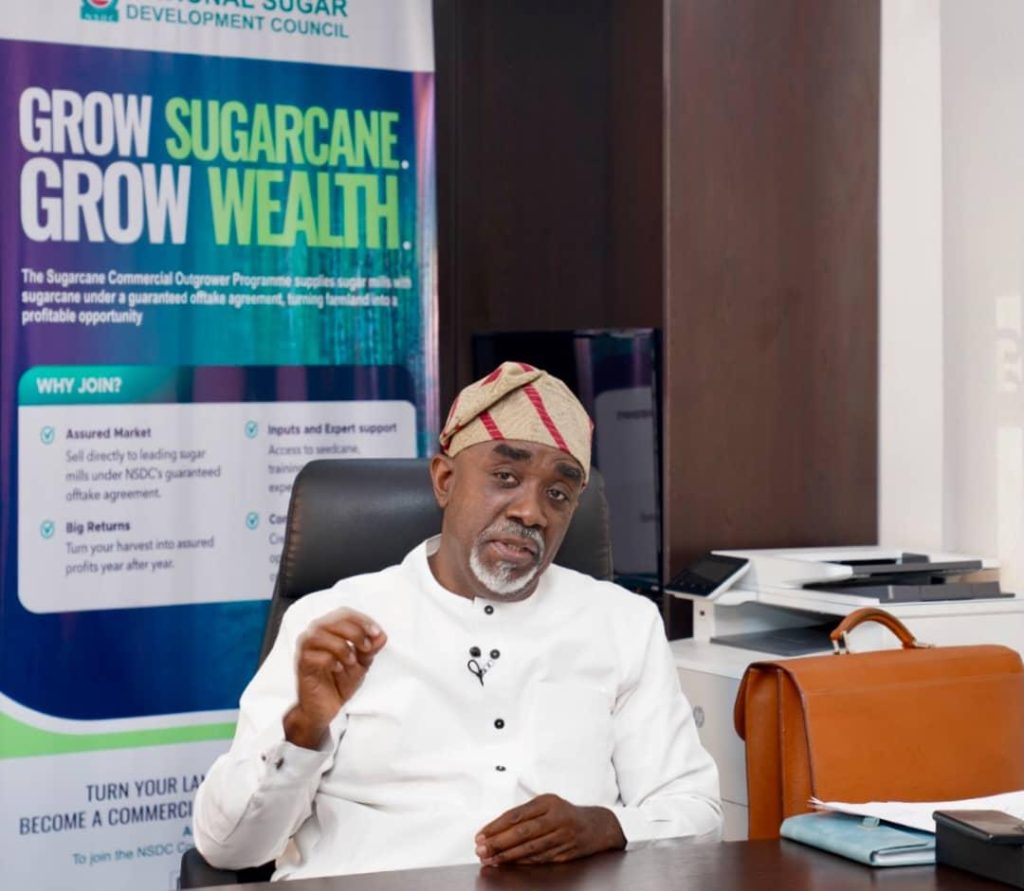The Joint Task Force of the Federal Capital Territory Administration (FCTA) took decisive action on Thursday as they crushed over 470 motorcycles that were impounded for operating illegally in the capital city of Abuja. This operation followed a previous crackdown on August 31, where more than 400 motorcycles were also impounded and destroyed for the same offense.
Illegally Operating Motorcycles Targeted
The motorcycles were seized by the task force during a meticulously planned operation that spanned various areas, starting from Carwash Bus Stop in Lugbe, through Gosa, Bill Clinton Drive, Trademore Estate, Lugbe Junction, and finally Kubwa.
Law Enforcement in Action
Obokutom Nyah, Secretary of the Transportation Secretariat, FCTA, emphasized that the decision to crush the motorcycles was in strict accordance with the provisions of the law. He sternly warned commercial motorcyclists to adhere to designated operating areas, refrain from entering the city center, and cease posing a security threat to the community.
Mr. Nyah further explained that specific areas had been designated for different types of vehicles and that commercial motorcycles were only allowed to operate in the suburbs. He emphasized the consequences of crossing this line, stating, “If you cross the line, you will face the full wrath of the law.”
Curbing Excessive Motorcycle Operation
The Director of the FCT Directorate of Road Traffic Services, Abdulateef Bello, expressed his concern over the overwhelming number of motorcycles operating within the city. To address this issue, Mr. Bello announced that the task force would extend its operations to nighttime as well. Currently, a staggering 200 to 400 motorcycles are being impounded on a weekly basis.
Furthermore, the task force is considering taking action against residents who opt to patronize motorcycles as a means of transportation. This step aims to strengthen enforcement efforts and discourage individuals from using motorcycles for their own safety.
Mr. Bello also seized the opportunity to advise residents against relying on motorcycles for short-distance travel, urging them to prioritize their safety by choosing to walk whenever possible. He stressed that investing in the commercial motorcycle business in the FCT would be met with serious consequences, as the FCTA would allocate resources to curtail the excessive presence of motorcycles.
As the FCTA takes measures to enforce existing regulations and maintain order on the roads, it remains crucial for motorcyclists and residents alike to respect the law and contribute to a safer and more organized Abuja.
NAN



